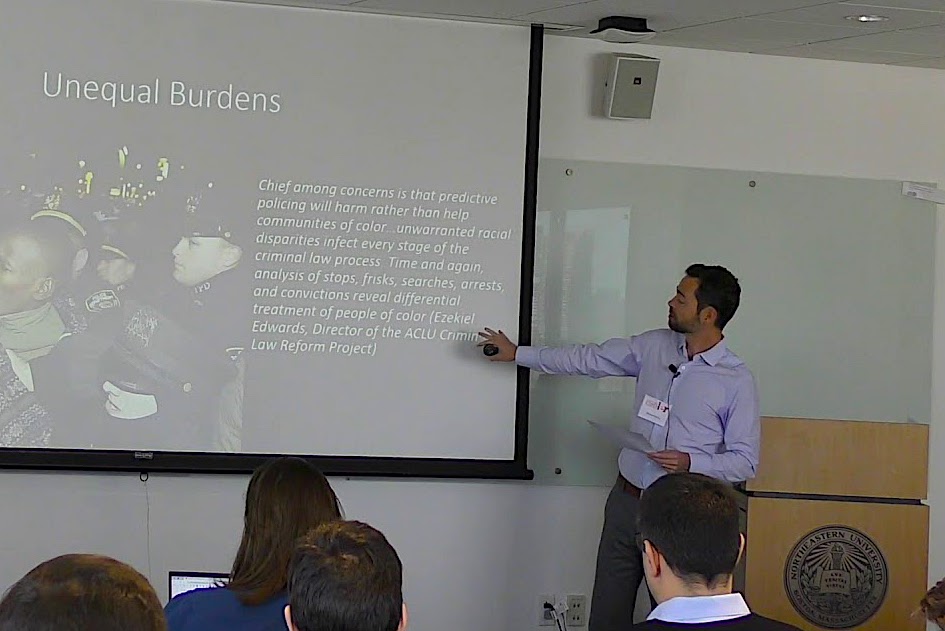Assistant Professor of Philosophy Duncan Purves has received a grant from the National Science Foundation (NSF) to study the ethics of using artificial intelligence to assist police officers in anticipating crime before it happens.

Researchers from UF and California Polytechnic State University have partnered to conduct the study, with UF receiving $269,610 of the grant’s total $509,946.
Artificial intelligence can be used to predict criminal activity in advance based on past crime statistics of a particular area. By taking this historical data into account, the AI postulates the time and location of possible crimes.
The morality of “predictive policing” is subject to considerable debate, however. Those in favor of the practice believe it to be an asset to a police department, providing a safer and faster alternative to traditional police work. Critics maintain that the technology will violate the rights of those within communities targeted by the algorithm and contribute to racial bias among police officers.
Purves’ research team plans to determine an acceptable way to act on this data, taking into account the potential harm to citizens that can come from algorithm-driven police activity. Additionally, the group will consider the ethical dilemmas involved in predictive policing in general, developing equitable solutions to problems arising from the establishment and implementation of this technology.
“As algorithmic crime-fighting tools become widespread in police departments, it is crucial that ethical questions of fairness, equity, and discrimination are addressed now,” Purves said. “This three-year award gives me and my colleagues valuable time and resources to address overlooked ethical implications of predictive policing technologies. Among other products, we will develop a report of empirically and ethically informed best practices for use by police departments.”
The researchers hope for the study to benefit both citizens and police departments, providing insight into the most ethical way to conduct predictive policing. The findings of the study, they expect, will also apply to other uses of artificial intelligence already in areas such as in court systems and medical fields.
To learn more about this grant, click here.